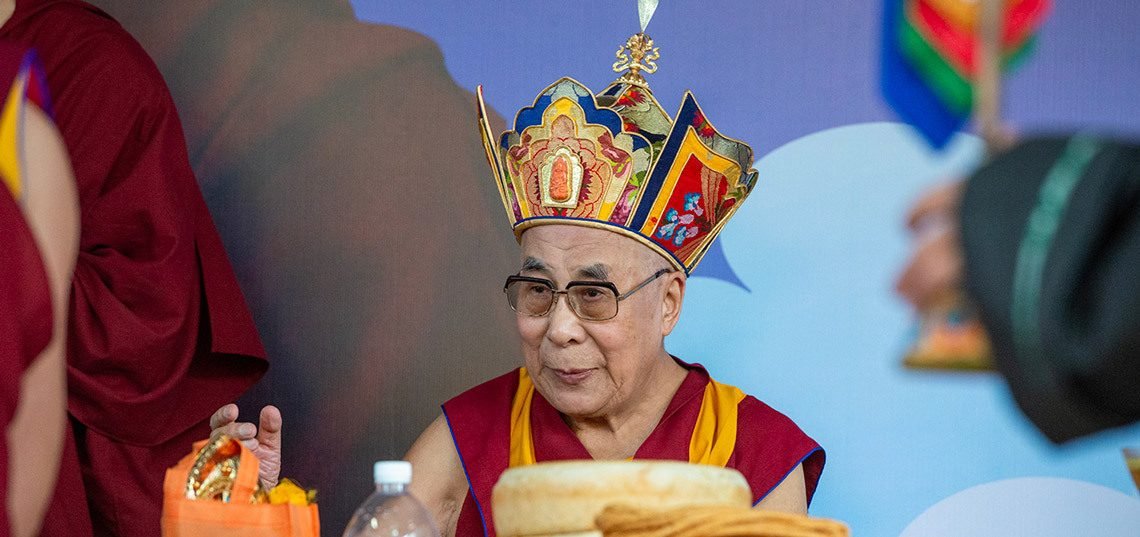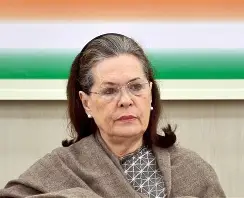The Ministry of External Affairs emphasized India’s constitutional commitment to religious freedom amid ongoing tensions with China over Tibetan spiritual leadership.
BY PC Bureau
New Delhi, July 5, 2025 – Amid escalating tensions with Beijing over the Dalai Lama’s succession, India has reiterated its neutral stance, clarifying that it does not intervene in matters of religious belief and practice. This comes after China lashed out at Union Minister Kiren Rijiju for supporting the Tibetan spiritual leader’s right to decide on his own reincarnation.
Responding to media queries on Friday, Ministry of External Affairs (MEA) spokesperson Randhir Jaiswal stated:
“We have seen reports relating to the statement made by His Holiness the Dalai Lama about the continuation of the Dalai Lama institution. The Government of India does not take any position or speak on matters concerning beliefs and practices of faith and religion.”
READ: Dalai Lama Succession Battle: China Warns India
READ: India Backs Dalai Lama’s Right to Choose His Successor
He emphasized that India’s position aligns with its constitutional commitment to religious freedom:
“The Government has always upheld freedom of religion for all in India and will continue to do so.”
The statement seeks to clarify New Delhi’s official policy, even as Rijiju’s comments continue to draw fire from Beijing. On Thursday, Rijiju publicly rejected China’s demand to approve the Dalai Lama’s reincarnation, saying:
“The position of the Dalai Lama is of utmost importance, not just for Tibetans but for all his followers across the world. The right to decide on his successor rests solely with the Dalai Lama himself.”
Oops !!! 24 hrs after govt minister @KirenRijiju said the #DalaiLama has every right to choose his successor, the MEA says ‘ the Government of India does not take any position on religious matters’. https://t.co/tA5ghfws2F
— Shreya Dhoundial (@shreyadhoundial) July 4, 2025
China Reacts Sharply
China’s Foreign Ministry responded on Friday with a strong statement warning India against interfering in its internal affairs. Spokesperson Lin Jian told reporters in Beijing:
“The issue of Tibet is purely China’s internal affair, and no external forces have the right to interfere. The reincarnation of the Dalai Lama must follow Chinese laws and regulations, religious rituals, and historical conventions.”
He further cautioned:
“We urge India to stop using Tibet-related issues to interfere in China’s domestic affairs and to avoid actions that could affect the healthy development of China-India relations.”
Beijing has long maintained that the reincarnation of Tibetan Buddhist leaders must follow procedures laid down by the Chinese state, tracing this practice to Qing Dynasty-era imperial decrees. In 2007, China passed new regulations requiring state approval for any reincarnated “living Buddha,” including the Dalai Lama.
India hosts the Tibetan government-in-exile and a sizable Tibetan refugee population, but has carefully maintained a policy of not recognizing the government-in-exile officially. New Delhi has generally avoided taking positions on sensitive Tibetan issues to avoid diplomatic fallout with China.
While Rijiju’s statement marked a rare public endorsement of the Dalai Lama’s authority over his succession, the MEA’s clarification signals that the broader Indian policy remains rooted in religious neutrality and constitutional freedoms.













